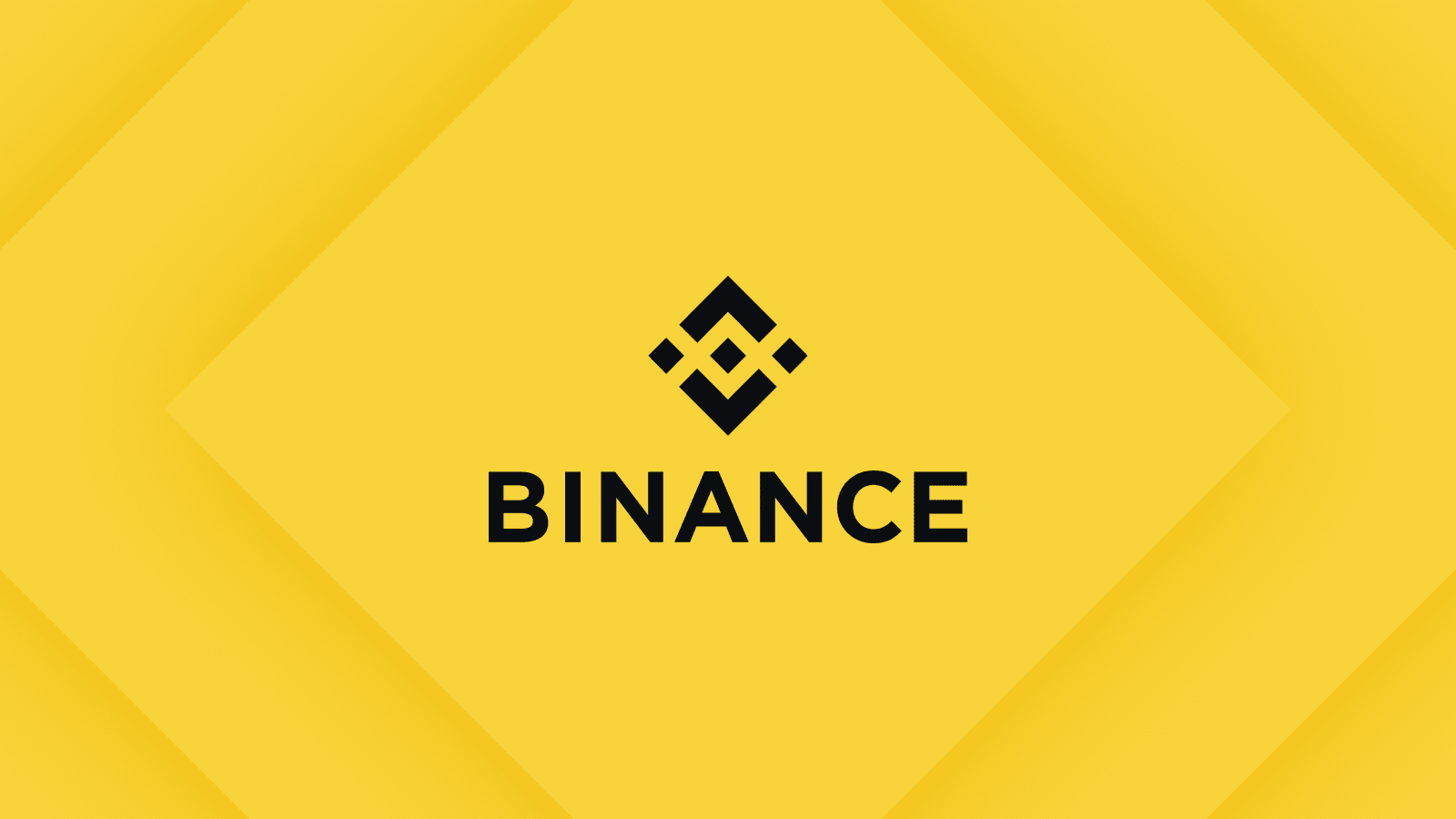Bhutan Rolls Out Crypto Payments for Tourists Using Binance Pay
09.05.2025 8:00 2 min. read Alexander Stefanov
Bhutan is taking a bold step in merging tourism and digital finance by enabling crypto payments for visitors across the country.
In partnership with Binance Pay and local lender DK Bank, the nation has introduced a system that lets travelers use over 100 cryptocurrencies—including Bitcoin, USDC, and BNB—to pay for everything from hotels to guided tours.
Instead of relying on cash or local currency exchanges, visitors with Binance accounts can now simply scan a QR code to make payments, simplifying travel logistics and unlocking new possibilities for local businesses. The move is being hailed as a groundbreaking model—the first nationwide crypto-based tourism payment system of its kind.
Bhutan’s tourism department emphasized that this isn’t just about convenience; it’s part of a broader push for financial inclusion. Artisans and merchants in remote areas, often excluded from traditional payment systems, can now transact using only a smartphone.
Binance called the rollout a step forward in blending innovation with culture, enabling seamless global travel while promoting local economies. CEO Richard Teng noted that this kind of system shows how blockchain technology can bring communities closer together and improve real-world experiences.
The initiative fits within Bhutan’s wider crypto ambitions. The country has quietly amassed significant Bitcoin reserves and continues to explore blockchain-driven economic growth. Its sovereign investment arm, Druk Holding and Investments, reportedly added hundreds of BTC to its portfolio in recent months, with assets also spread across chains like Polygon and BNB Chain.
Despite its growing crypto involvement, Bhutan remains cautious. Authorities have warned in the past about the risks of unregulated digital assets, signaling that while innovation is welcome, oversight still matters.
-
1
Binance Introduces First Bonding Curve-based Token Launch With Four.Meme Collaboration
14.07.2025 21:00 2 min. read -
2
PayPal Unveils Crypto Payment Service to Cut Cross-Border Fees by 90%
29.07.2025 9:00 2 min. read -
3
FIS Partners With Circle to Bring USDC Payments to U.S. Banks
29.07.2025 10:00 2 min. read -
4
Telegram Launches TON Wallet for U.S. Users, Unlocking in-app Crypto Features
22.07.2025 17:30 2 min. read -
5
Western Union Explores Stablecoin Integration After GENIUS Act Approval
22.07.2025 10:00 2 min. read
FIS Partners With Circle to Bring USDC Payments to U.S. Banks
Global fintech firm FIS (NYSE: FIS) has entered into a new strategic partnership with a subsidiary of Circle Internet Group, Inc. (NYSE: CRCL) to bring USDC payment capabilities to U.S. financial institutions.
PayPal Unveils Crypto Payment Service to Cut Cross-Border Fees by 90%
PayPal has launched a new service, Pay with Crypto, aimed at reducing the high costs and complexity of cross-border payments for merchants.
Goldman Sachs and BNY Launch Tokenized Money Market Funds for Institutions
Goldman Sachs and BNY are set to unveil a groundbreaking blockchain initiative that will allow institutional investors to purchase tokenized shares of money market funds, according to CNBC.
Polymarket Eyes Launching Stablecoin to Capture Reserve Profits
Polymarket, the fast-growing crypto prediction market, is exploring the launch of its own stablecoin to capitalize on the yield generated from reserves backing USDC deposits.
-
1
Binance Introduces First Bonding Curve-based Token Launch With Four.Meme Collaboration
14.07.2025 21:00 2 min. read -
2
PayPal Unveils Crypto Payment Service to Cut Cross-Border Fees by 90%
29.07.2025 9:00 2 min. read -
3
FIS Partners With Circle to Bring USDC Payments to U.S. Banks
29.07.2025 10:00 2 min. read -
4
Telegram Launches TON Wallet for U.S. Users, Unlocking in-app Crypto Features
22.07.2025 17:30 2 min. read -
5
Western Union Explores Stablecoin Integration After GENIUS Act Approval
22.07.2025 10:00 2 min. read


